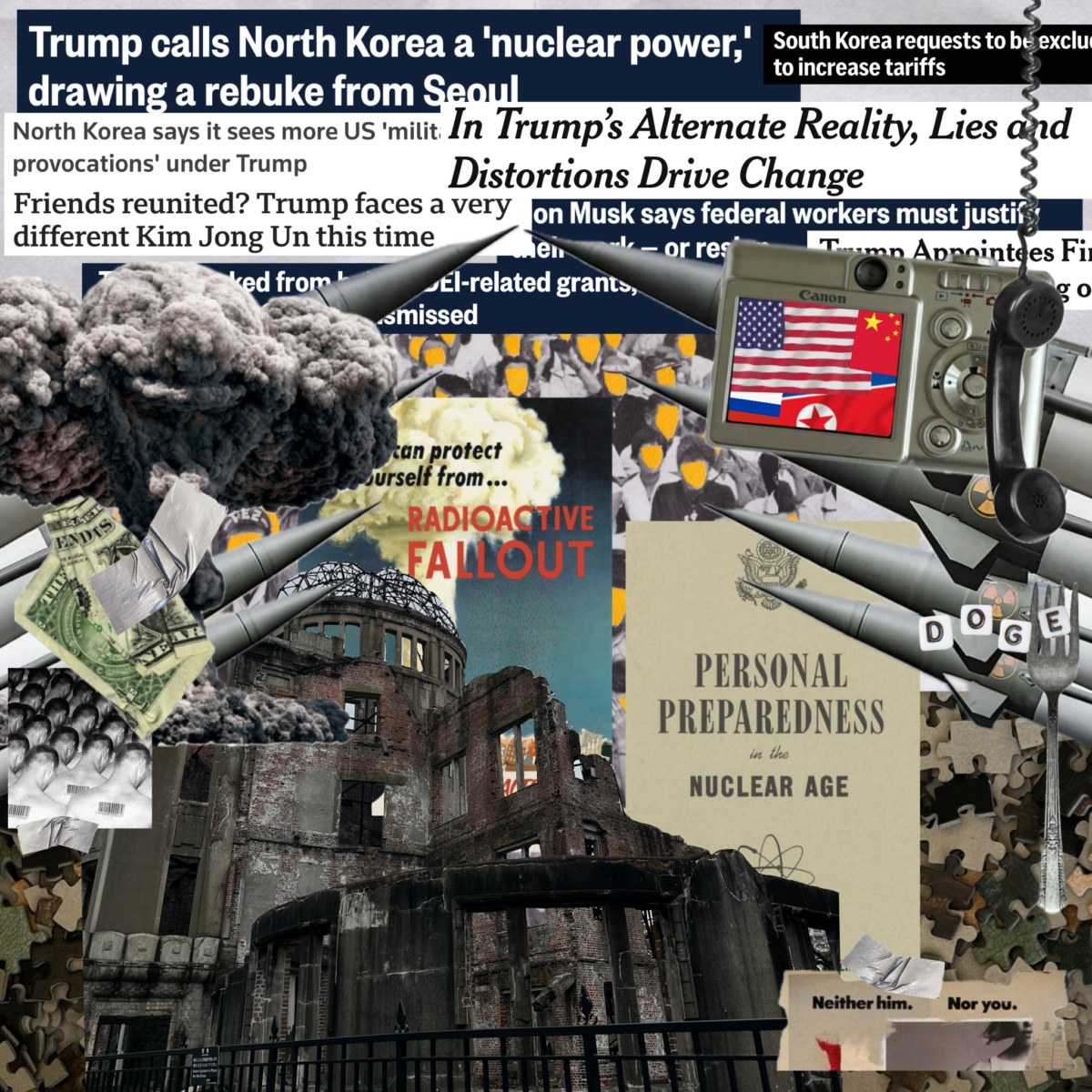March 24, 2025
During Donald Trump’s first administration, unorthodox trends of diplomacy took hold of American foreign policy. The international community was in shock over Trump’s summitry with Kim Jong Un and unprecedented isolationist attitude towards long established multilateral partnerships such as the United Nations and NATO. Now, Trump has returned to Washington and appears poised to continue his previous diplomatic efforts. Trump has declared North Korea as a nuclear state. Such a recognition could foster lasting difficulties as his State Secretary Marco Rubio tackles non-proliferation in the Korean Peninsula going forward. President Trump reiterated his friendly sentiments towards supreme leader Kim Jong Un on his second day in office and at a state visit with Japan’s Prime Minister Shigeru Ishiba in February. Although communication between Washington and Pyongyang seem likely to spark up again, Rubio may prefer the conventional maintenance of the US-ROK alliance.
As President Trump bulldozes his way through the White House with a flurry of shocking executive orders and forces a mass exodus of government employees, he once again, has thrown the international system into chaos. What is clear is that the odds are stacked against the return of quintessential American foreign policy with Trumps public recognition of North Korea as a nuclear state could catalyze potential grounds for denuclearization of the Korean Peninsula, although it is far too soon to tell. Kim Jong Un has circumvented the need to antagonize US presidents with his ‘test nuke, raise tensions, get paid’ strategy by reaching out to old friends in Beijing and Moscow.
In routine American fashion, the verbal declaration of North Korea as a nuclear state has gone unspoken by every sitting US president as it would embolden Pyongyang’s nuclear program activity and ignore promises made to South Korea. Again, the intention of this omission is to further discredit North Korea’s proliferation ventures, like Washington’s deliberate omission of the word genocide when referring to the Turkish slaughter of Armenians in WWI. Both the late President Jimmy Carter and former President Bill Clinton visited Pyongyang but neither were currently serving in the White House. The United States has regularly expressed its disapproval of North Korea’s statecraft through the absence of presidential-level meetings and condemnation in speeches. These intentional strategies were overshadowed by another publicity-seeking stunt.
North Korea will benefit handsomely from this declaration. Kim Jong Un has reframed his approach towards the United States since he and Trump last met in Hanoi. Korean Central News Agency, the DPRK’s state run press, has not announced any official acknowledgements or approvals from Kim regarding Trumps newly bestowed nuke state status. The KCNA did, however, waste no time in chastising Rubio for his “hostile words” when labeling North Korea and Iran as “rogue states.”
President Trump has compromised the careful negotiations curated by the US-ROK alliance. The Washington Declaration has vanished from the main White House web page and in turn has failed to provide South Korea with the reassurance that the US will have its back. Whether Trump spoke on his own accord or with the backing of his foreign policy advisors, he has toppled a foundational element to the US-ROK alliance. This will prove difficult to navigate if hopes of a nuclear free Korean Peninsula remains a priority for this administration. It should be noted that as it stands now, the axis of anger has a better chance of multilateral cooperation than the prospects of Trump foreign advisors taking steps toward new Six Party Talks.
China’s sanctions on Rubio will only add further disillusionment as he has been noted to be the most outspoken anti-China policymaker on Capitol Hill. Thus far, Rubio has followed through with Trumps intention to seize control over the Panama Canal likely to assert American power over international trade. The chances that Rubio will be the diplomat that deescalates tensions between the West and communist states is highly unlikely and consequently the US is entering its second chapter of uncertainty. Rubio’s consistent rebuke of communist powers may present him with challenges as Trumps top foreign policy advisor. Trump is not estranged to exiling anyone who does not bow down to his demands as his administration’s turnover while in office the first time clearly displays, not to mention the purges that have been issued within the first two months of his second administration.
As the world attempts to adapt into this new chapter of American foreign policy, the second Trump administration has catalyzed further instability in the Korean Peninsula. Reintroducing potential partnership with North Korea — which proved unsuccessful in its first attempt—poses uncertainty for South Korea for the next four years. Secretary of State Rubio finds himself between President Trump’s amicable relationship with Kim Jong Un and his own convictions towards Russia and China. Going forward, it is unclear whether the Trump administration will commit to conversations with Pyongyang, but the lack of engagement will not provide South Korea with sufficient reassurance of American support. Rubio will need to reestablish confidence in the US-ROK alliance should any attempts to negotiate with North Korea commence.
Chantall Duval is a master’s student in the International Security program. She holds a bachelor’s degree in Spanish Literature with a concentration in sociopolitical issues from the University of Mary Washington. Her current research interests include security relations between the United States and the Korean Peninsula, DPRK grand strategy and international law. She is currently a government contractor with the Department of Justice. After graduation, Chantall hopes to pursue a career in foreign policy and diplomacy.




